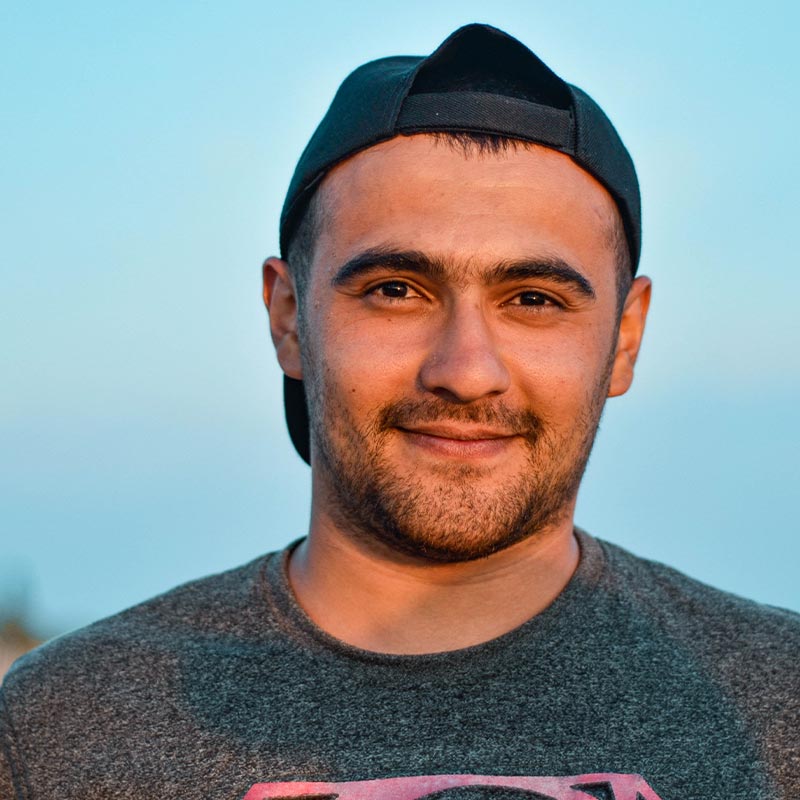With the widespread use of opioids that taints American culture today, it is important for individuals to have options for care that can help them overcome their addictions and rediscover a lifestyle that is not plagued by the compulsion to use opioids like heroin or prescription medications. Grappling with an addiction to an opioid is no doubt a challenging experience that can cause a person’s life to unravel quickly.
Addictions Treated
Those who are most appropriate for treatment at a Comprehensive Treatment Center are, as it has been stated, battling an addiction to opioids. The following types of opioid addictions are those that can be treated at these centers:
- Heroin
- Morphine
- OxyContin
- Oxycodone
- Hydrocodone
- Percocet
- Ceta Plus
- Vicodin
- Roxicodone
- Co-Gesic
- Demerol
- Dilaudid
- Fentanyl
- Lorcet
- Opana
- Oxymorphone
- Percodan
- Roxicet
Even if you or someone you care about is abusing one or more of the above substances, proper care can be received at a Comprehensive Treatment Center in your area. Remember, there is no shame in seeking treatment when it means improving one’s quality of life. So if you or your loved one is struggling with an addiction to heroin or one of the prescription painkillers listed above, know that medication-assisted treatment at a Comprehensive Treatment Center can be the solution that you or an important person in your life has been searching for.
Treatment and Therapies Offered
One aspect of care offered throughout the network of Comprehensive Treatment Centers is the Comprehensive Outpatient Substance Abuse Treatment program, otherwise known as COSAT. Through this program, patients can receive additional services that are designed to complement the use of the prescription medications that they are receiving as part of their medication-assisted treatment. This program is meant to balance the medication aspect of treatment by providing patients with doctor and nursing care, group therapy, individual therapy, and case coordination services. Within the Comprehensive Treatments Centers that offer COSAT, it is a mandatory part of the treatment process. However, the particular aspects of the program will be tailored to meet each individual’s unique needs.
- Doctor and nursing care provides patients with the opportunity to obtain consistent monitoring throughout their time spent in medication assisted treatment. Physicians can provide patients with physicals and meet with them regularly to ensure that the medications they have been prescribed are best meeting their needs. They are also available to make any changes to the medications should the need to do so arise.
- Group therapy can be an essential part of the recovery process when working to overcome an addiction to opioids. These groups provide a time for individuals to come together with others who know firsthand what it is like to struggle with this treacherous form of addiction. In group sessions, patients can give and receive encouragement and support to and from peers who are sharing similar challenges. Counselors lead these group sessions and initiate discussions on topics that are pertinent to all of the patients participating in them. Examples of such topics can include, but are not limited to, orientation to programming, how to work the 12-Steps, and relapse prevention.
- Individual therapy provides patients with time spent in a confidential, one-to-one setting with a counselor. In this environment, patients can feel safe and supported as they discuss any concerns they have, track their progress in treatment, and celebrate successes as they are achieved.
- Family therapy is another option for care that is offered on an as-needed basis. These sessions can be coordinated into a patient’s overall treatment plan should it be deemed appropriate and beneficial for his or her recovery. In these sessions, which are led by counselors, family members can learn about the disease of addiction and gain an understanding as to what their loved one is going through. This can also serve as a time for relationships that have been tarnished as a result of one’s opioid use to start being rebuilt.
Individual, group, and family therapies are all designed to help heal the emotional component to one’s addiction. They are meant to provide the ongoing support and encouragement that patients need as they navigate the road to recovery from opioid addiction.
Learn More
The compassionate and expertly trained staff members at each Comprehensive Treatment Center are able to help patients not only find relief from the painful and uncomfortable symptoms associated with withdrawal, but they can also assist individuals in uncovering and processing through the factors that led to the abuse of opioids in the first place. Opioid addictions do not manifest out of thin air, nor do they develop simply because a person ingests a substance one or two times. Emotional, psychological, and environmental contributors and circumstances can all influence the development and severity of an opioid addiction, which is why individuals who are addicted to the aforementioned substances require additional treatment for such factors in order to achieve recovery. Each Comprehensive Treatment Center supplies this type of care, as counselors are on-hand to conduct individual therapy sessions and group therapy opportunities for each patient who comes for treatment. These therapeutic interventions allow individuals to uncover and process the obvious and not-so-obvious contributors that led to the development of their addictions and prevented them from being able to achieve recovery in the past.
If you or an important person in your life would like to finally put an end to a heroin and/or prescription painkiller addiction, look no further than your closest Comprehensive Treatment Center. By electing to receive medication assisted treatment at one of these centers, you or your loved one can begin to experience the joys of life without the powerful grips of an opioid addiction. Your new life awaits.


